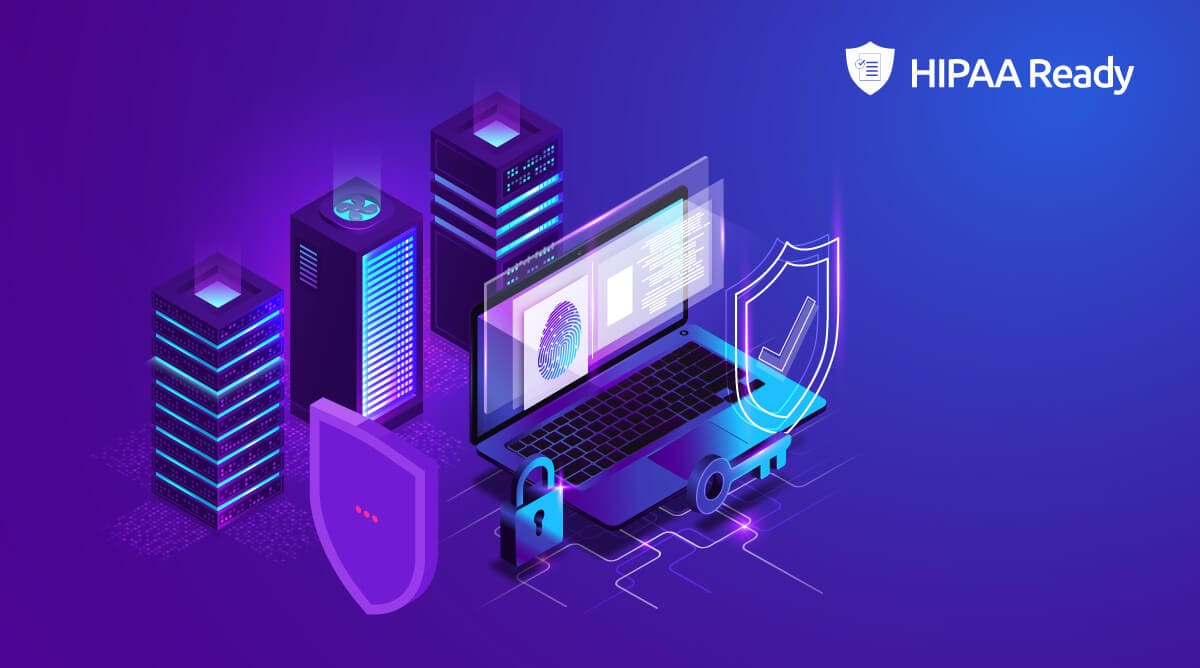Table of Contents
The transition to digital-based records makes technology indispensable for managing sensitive data. In recent years, security-related incidents have indicated that no health care organization is exempt from risks. From a security standpoint, technology presents unique challenges for healthcare organizations that handle electronic protected health information (ePHI). This is why HIPAA technical safeguards play an important role in reducing the possibility of data misuse and other security-related incidents.
What are the HIPAA Technical Safeguards?
Technical safeguards fall under the HIPAA Security Rule. By definition, technical safeguards § 164.304 are “technology and policies for its use that protect electronic protected health information (ePHI) and control access to it.” Essentially, both covered entities and business associates need to determine what technical controls are appropriate for the protection of ePHI in their organization as required for HIPAA compliance. The following describes the basic HIPAA technical safeguard requirements:

Access controls
An easy way to avoid HIPAA violations is to monitor and manage who has access to what information. This safeguard aims to prevent unauthorized access to ePHI. It is vital that covered entities and business associates implement technical policies and procedures for electronic information systems that maintain ePHI to ensure that only authorized individuals can access the information or software programs with proper access rights. Here’s what you can do:
- Unique User Identification such as employee password and unique login codes to track and identify a user’s activity
- Develop emergency access procedures for protecting data in case of an emergency, such as if a natural disaster or power outage were to take place
- Set up an automatic log off the system at workstations to prevent unauthorized user access to the machines
- Encryption and decryption of data add an extra layer of protection from unauthorized users or software programs.
Audit controls
Under this standard, healthcare organizations must have a system in place to record and examine activities in information systems that contain or use ePHI. This is usually done by implementing hardware, software, and/or procedural mechanisms. Here’s what our software HIPAA Ready can help you with:
- A centralized platform to monitor all ePHI containing devices and who are devices assigned to
- Reviewing audit records regularly
- Updating and adjusting policies as needed
Integrity
This control requires organizations to put reasonable measures in place to protect ePHI from improper alteration or destruction. Recent hacking and cyberattack related incidents have taught us that it is easy to compromise data integrity. However, data can also become corrupted on its own. An error while saving a file or a glitch in the system can lead to unintended changes. The best practice to ensure data integrity is to store all PHI data offsite for at least six years from the date of creation. Here’s what HIPAA Ready can do for your organization:
- Maintain logs of security measures to determine the status of ePHI
- Easily update policies and procedure to account for software or environmental changes
Person or Entity Authentication
Arguably one of the most important measures is to have a system in place that can verify an individual’s identity before accessing data. Authentication is also important for patients. There are several ways to fulfill this requirement. Many leading healthcare organizations also use biometric patient identification platforms for accurate authentication. Biometric authentication systems help to prevent identity theft by ensuring that only the person who they say they are can access the medical records. Other methods include:
- Using the two-step authentication process
- Using specialized software with e-signature features
- Using phone/voice for authorization
Transmission Security
Here’s where organizations need to be careful when they transmit information electronically. Data in motion even between authorized parties creates vulnerabilities. One of the parties may not secure the data as well as the other. There might be weaknesses in the networks. All of these factors present risks that are difficult to avoid. Unsecured networks make it easy for cybercriminals to easily intercept and steal data without even needing to hack the company. You can take the following steps as precautions:
- Encrypt ePHI when deemed appropriate without corrupting the integrity of the data
- Evaluate personal devices and emails
- Track authorized users through audit controls
An important thing to remember is that to use encryption tools as intended, both the receiver and the sender must have access to the compatible or same software. Therefore, it is best to use the same tool throughout the organization.
Manage HIPAA compliance from a single centralized platform
HIPAA Ready by CloudApper is a robust cloud-based HIPAA compliance software that allows organizations to streamline compliance management tasks efficiently and from a centralized space. Through a digital checklist of tasks, meetings, and training management module, HIPAA Ready helps users to reduce administrative work hours and track required activities more conveniently than ever. Our customizable software ensures that we meet the needs of your organization and your clients or patients. Leave a comment below to get more information on how we can help your organization become more secure.
What is CloudApper AI Platform?
CloudApper AI is an advanced platform that enables organizations to integrate AI into their existing enterprise systems effortlessly, without the need for technical expertise, costly development, or upgrading the underlying infrastructure. By transforming legacy systems into AI-capable solutions, CloudApper allows companies to harness the power of Generative AI quickly and efficiently. This approach has been successfully implemented with leading systems like UKG, Workday, Oracle, Paradox, Amazon AWS Bedrock and can be applied across various industries, helping businesses enhance productivity, automate processes, and gain deeper insights without the usual complexities. With CloudApper AI, you can start experiencing the transformative benefits of AI today. Learn More


















